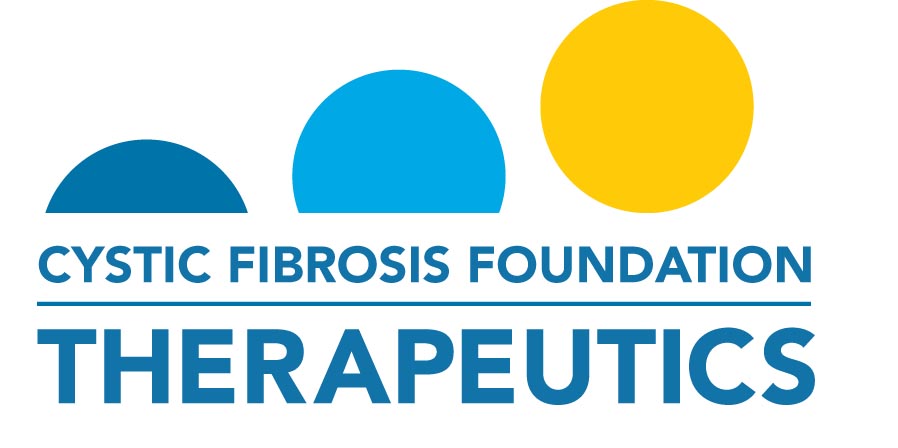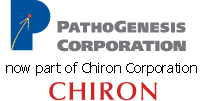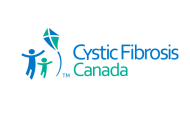Current funding and groups involved
Many laboratories are investigating the mechanisms of how Burkholderia spp. establish infections and causes disease. A complete description of the genetic makeup of these organisms will be invaluable to researchers attempting to devise new ways to combat infection.
In developing this database, we capitalized on the success of the Pseudomonas Genome Database. The Cystic Fibrosis Foundation and PathoGenesis Corporation jointly funded the Pseudomonas Genome Project to sequence the complete genome of P. aeruginosa strain PAO1. The effort, which began in April, 1997, was carried out at both the University of Washington Genome Center and PathoGenesis Corporation. Genome annotation (which involves linking other research data to the genome sequence) was carried out by PathoGenesis scientists and by scientists in the Pseudomonas aeruginosa Community Annotation Project (PseudoCAP). The initial phase of the PseudoCAP project was funded by the Canadian Cystic Fibrosis Foundation (Cystic Fibrosis Canada), French Cystic Fibrosis Foundation (Association Française de Lutte contre la Mucoviscidose or AFLM), and German Cystic Fibrosis Foundation (Mukoviszidose e.V.).
As researchers begin to use this genome sequence to make new discoveries about this group of bacteria, this project has now entered a new phase involving a continual update of genome annotations by Burkholderia Genome Database. The updated annotation database is now being developed and maintained by researchers in the Hancock Laboratory at the University of British Columbia, Canada, and the Brinkman Laboratory, at Simon Fraser University, Canada, with funding from the Cystic Fibrosis Foundation. A large group of volunteer participants are using their expert knowledge of particular genes to provide updates to the database.

Cystic Fibrosis Foundation Therapeutics
Established in 2000, Cystic Fibrosis Foundation Therapeutics, Inc. (CFFT) is the non-profit drug discovery and development affiliate of the Cystic Fibrosis Foundation. CFFT supports and governs activities related to cystic fibrosis (CF) drug discovery through the many stages of drug development and clinical evaluation. The CF Foundation provides support to fund CFFT's operations, specifically the Therapeutics Development Program.


Previous funding and groups involved

With headquarters in Bethesda, Maryland, the Cystic Fibrosis Foundation is a private foundation which supports studies that could lead to a cure or improve the lives of people with CF. Under the direction of Robert Beall, Ph.D., the Foundation actively raises funds for basic research, sponsors specialized CF care centers throughout the United States, and brings together patients, caregivers and industry to test new drugs and treatment possibilities. The organization also serves as a clearinghouse for information on CF.
The principal investigator for the Pseudomonas Genome Project, Maynard Olson, Ph.D, is the director of the University of Washington Genome Center. This group is well-known for its large-scale genome sequencing efforts, in particular the Human Genome Project. Sequencing, assembly and computational analysis of the P. aeruginosa genome were carried out at the Genome Center.

PathoGenesis Corporation is a Seattle-based biopharmaceutical company, that is now a part of Chiron Corporation, that develops drugs for treating serious infectious diseases where there is a significant need for improved therapy. Therapeutics to benefit people with cystic fibrosis are central to business and research plans. Sequencing and annotation of the P. aeruginosa genome were carried out as part of the antibacterial drug-discovery program in the Research Biology Department of PathoGenesis, headed by Ken Stover, Ph.D., Senior Director.


